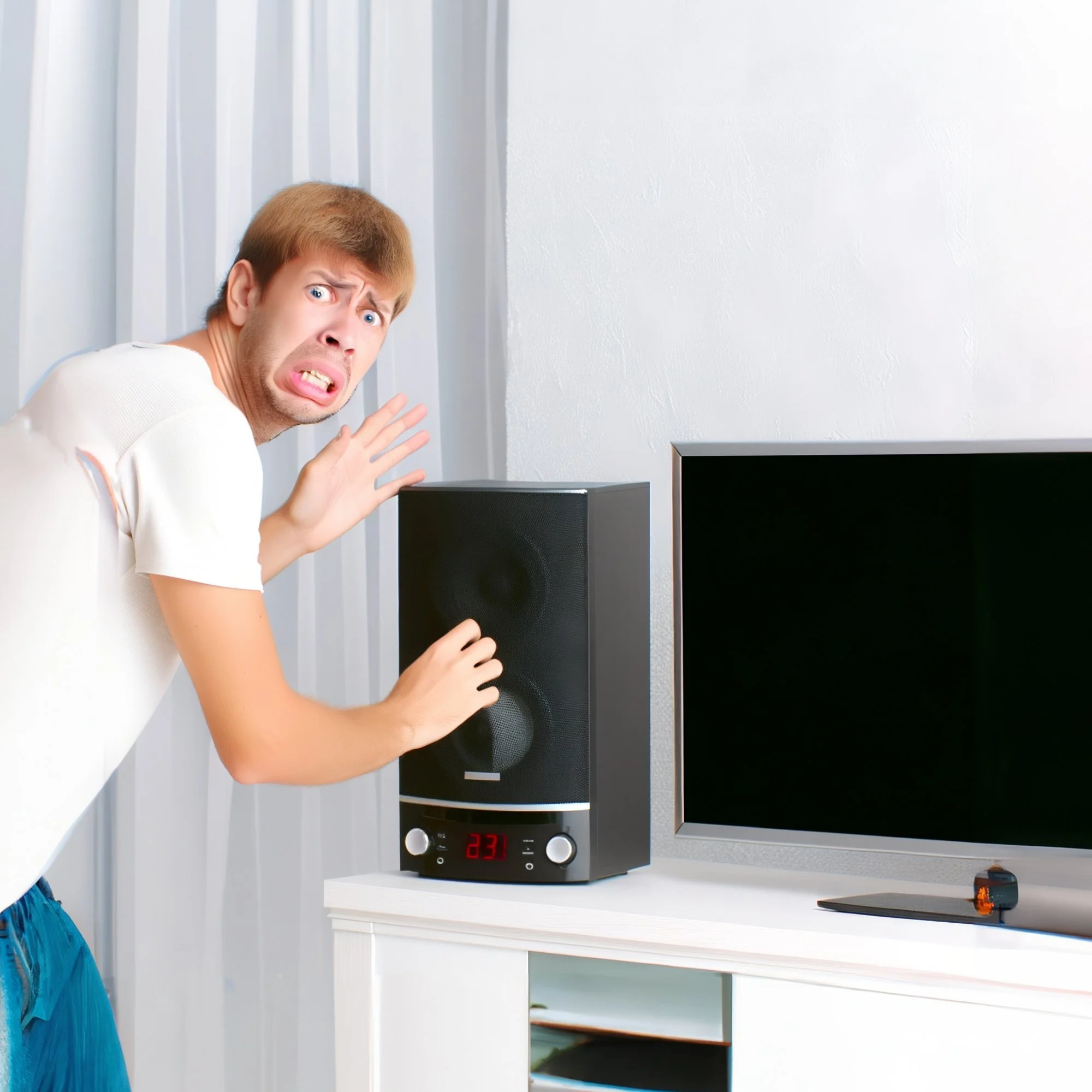Hearing Electricity Explained: 4 Common Causes and Solutions
Ever hear strange buzzing or crackling in your home when everything seems quiet otherwise?? It might sound strange but some people are actually hearing electricity. This article explores why you can hear electricity. You can also learn what it could mean for your electrical system and safety at home or work.
We will uncover the truth about electrical sounds and ditch any spooky myths along the way. So let's dive into the world of electricity sounds and learn how to keep your spaces safe and peaceful!
How is Electronic Sounds?
Electricity sounds come in all shapes and sizes. Some are soft hums, barely noticeable, while others are loud crackles that can be startling. These sounds can tell us a lot about how our electrical systems are doing.
You might hear electricity sounds when you turn on appliances, use switches, or even. This is because there's a lot of electricity usage at once. Sometimes, they can even happen if there's a problem with the wiring.
Not all electrical sounds are bad news! Some are just part of the system working. But if the sounds are loud, frequent, or change suddenly, it's best to get an electrician to check things out.
Possible Causes and Solutions
Mains Hum
Cause: As AC electricity passes through transformers, wires, and other electrical components, it creates oscillating magnetic fields. These fields vibrate the internal components of these elements at the same frequency as the AC (50-60Hz), fall within the range of human hearing (20-20,000Hz).
Solution: This hum is usually harmless, but if it's bothersome, consider upgrading to newer, energy-efficient appliances. Another option, try using surge protectors to filter noise. Loose connections or faulty wiring might amplify the hum, consult an electrician for professional assessment.
Electrical Fault Alarm
Cause: Overloaded circuits, arcing wires, or faulty equipment can manifest as crackling, popping, or sizzling sounds. These are warning signs of potential fire hazards.
Solution: This is a serious issue requiring immediate action. Do not attempt repairs yourself. Turn off power to the affected circuit or unplug the equipment. Contact a qualified electrician to diagnose and fix the problem, immediately.
Tinnitus
Cause: This condition causes phantom noises in the ears, sometimes resembling electrical sounds. This is because of hearing loss, ear infections, or certain medications.
Solution: Hearing electrical sounds can be a symptom of tinnitus, so consult a doctor for diagnosis and treatment options. Tinnitus management techniques like relaxation and sound therapy can help manage the perceived sounds.
Electromagnetic Interference (EMI)
Cause: Electrical devices emit electromagnetic waves that can interfere with other electronics or even the human nervous system. This phenomena sometimes manifests as buzzing or clicking sounds.
Solution: Minimize EMI by using surge protectors, grounding devices, or relocating devices emitting strong electromagnetic fields. If the sounds persist and are bothersome, you should consult an electrician for evaluation of your electrical environment.
When to Call an Electrician?
These electrical sounds, while some are completely normal, others might be warning signs. So, when do you feel the need to be concerned?
Don't worry (for now):
Low, steady hum: That constant drone from your fridge or air conditioner is just the normal sound of electricity flowing. Think of it like the quiet murmur of a busy city.
Soft clicks and snaps: Appliances turning on and off often make small noises due to internal components moving. It's like the little clicks and pops in a popcorn machine.
Occasional crackle or pop: A random sputter here and there, especially from older equipment, isn't always a cause for alarm. But keep an eye out if it becomes frequent or loud.
Time to check things out:
Loud or persistent humming: If the hum from an appliance suddenly gets much louder or won't stop, it could indicate a problem with the wiring or the appliance itself. Best to get it checked by a qualified electrician.
Repeated crackling or popping: Hearing these sounds regularly, especially from outlets or switches, is a potential sign of loose connections or overloaded circuits. Safety first! Call an electrician.
Buzzing or whining when using other devices: This might be interference between electronics - like your phone buzzing near a speaker. Try moving things around or using shielded cables.
Burning smell or sparks: These are never good signs! Turn off power immediately and call an electrician for urgent attention.
Final Thought
While not always a problem, hearing electricity can be a sign of something needing attention. By understanding the potential causes and taking appropriate action, you can ensure the safety and peace of mind in your electrical environment. Always prioritize safety and seek professional help when dealing with electrical issues.
If you're looking for reputable emergency electrical services in Colorado Springs, consider exploring Electrician Denver. We offer a wide range of services with only qualified local electricians in the area. Call to make an appointment or simply ask for a quote, we'll be happy to assist!


